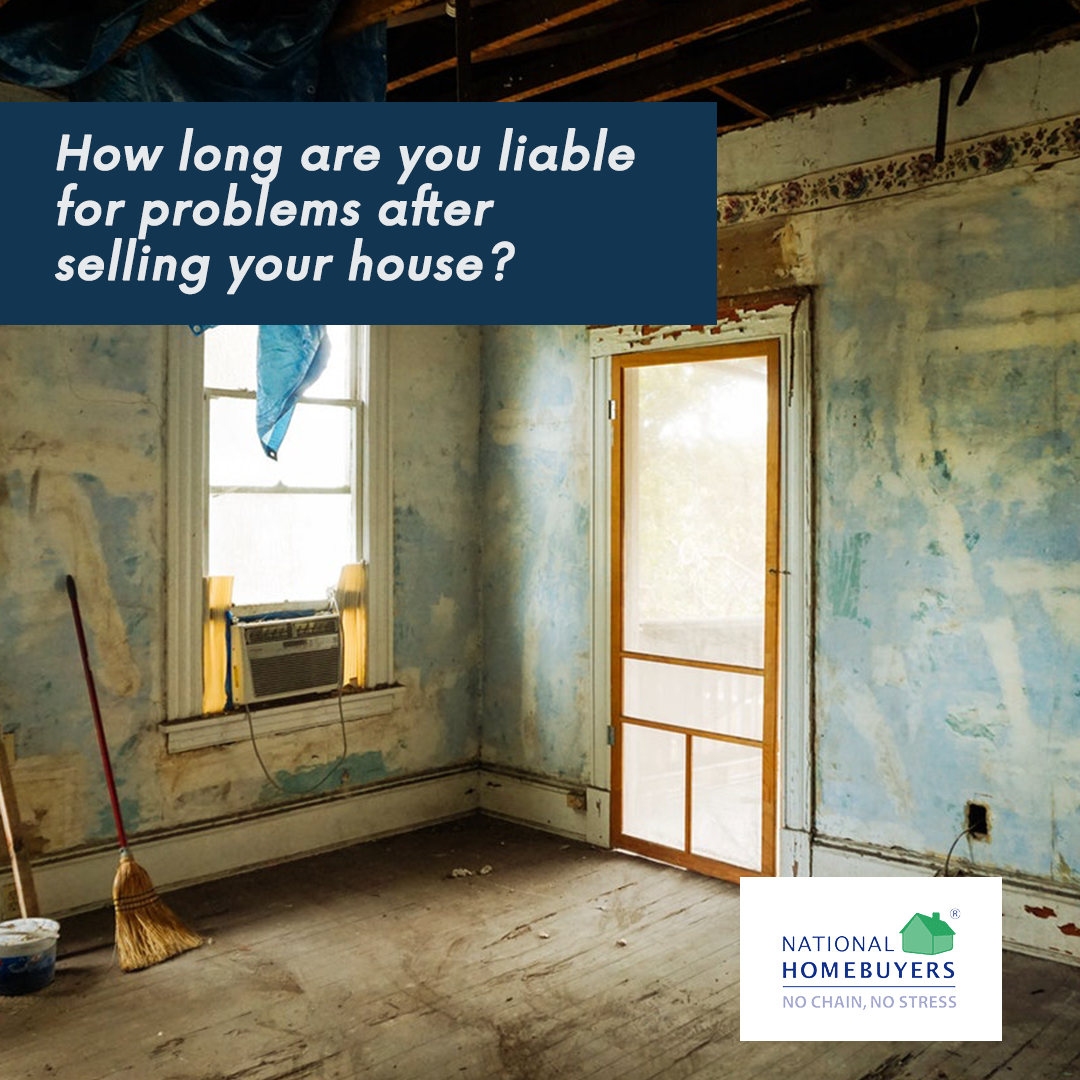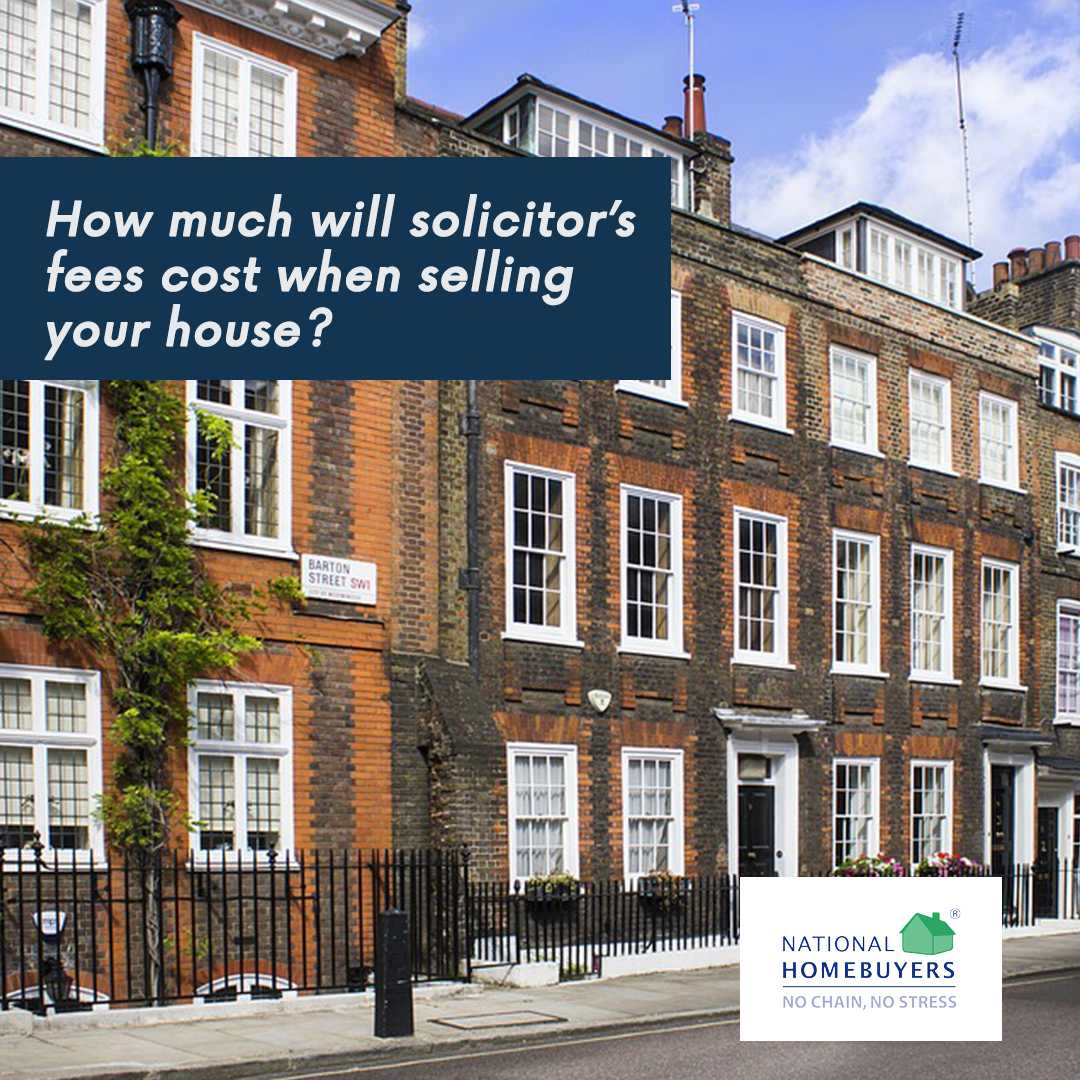Hidden costs could affect your buyers
When attempting to purchase a property, people often base their offer on available funds – but unless they’ve got a little extra put away, the associated fees may present a stumbling block that details a sale.
It’s a common situation which you’ll recognise if you’ve ever bought a house. You’ve scrambled around and gathered paperwork and payslips for weeks now, just to ensure the bank has no qualms about offering you that 85% mortgage you’ve been hoping for – but once the down payment is made, your funds are exhausted. Luckily, you’ll be getting your next pay-check before the first payment is due, so you think money shouldn’t be a problem – but with every purchase comes a whole host of fees and hidden costs that need to be taken into account.
Each mortgage provider has a different approach to fees, hoping to lure in potential UK property buyers with money-back policies and attractive rates for larger deposits – but the costs are still often larger than expected for the average buyer.
These fees include costs of surveys and valuations (payable by the buyer), allowing the lender to determine whether a new home will be a sound investment. These costs can run to anywhere between £400 and £1500 depending on the house and its surrounding area, but if they’re happy with the asking price, the buyer can start to discuss a deposit.
Although many lenders are now providing 5% mortgages alongside the standard 10%, the larger a buyer’s deposit, the more favourable the terms of the agreement. Many people aim for 15% to keep monthly repayments low. Before the first payment however, the lender will have an arrangement or product fee, and if they buyer has gone through a broker, collectively there may be a hefty bill of £600 to £800.
If using a solicitor or conveyancer to complete a sale, the buyer will also have to shell out for a number of land registry searches to provide information about utilities, sewer access and land risks. An average UK home will cost between £500 and £1000 depending on the company. And next comes the bill for stamp duty, which is the land tax payable by the property buyer. In extreme cases, it can be up to 7% of the cost of the house itself – a little unsettling.
Once the legal side is settled, the property buyer will also have to pay a pre-arranged estate agent fee and the cost of a removal company – and home insurance has to be in place before the exchange takes place. Adding in the expected costs of new furniture, re-decorating, council tax, utility bills, service charges, building maintenance and even possible parking fees, it’s easy to see why many of us underestimate the full cost of purchasing a home, and personal finances can take well over a year to recover.
So when you next plan on buying or selling, make sure you take these extra costs into account and save yourself a lot of unexpected stress.
If you’d like to sell your house quickly, ask National Homebuyers for advice, as we guarantee to buy any home. Call 08000 443 911 or request a call back to find out how much you could get for your property.





